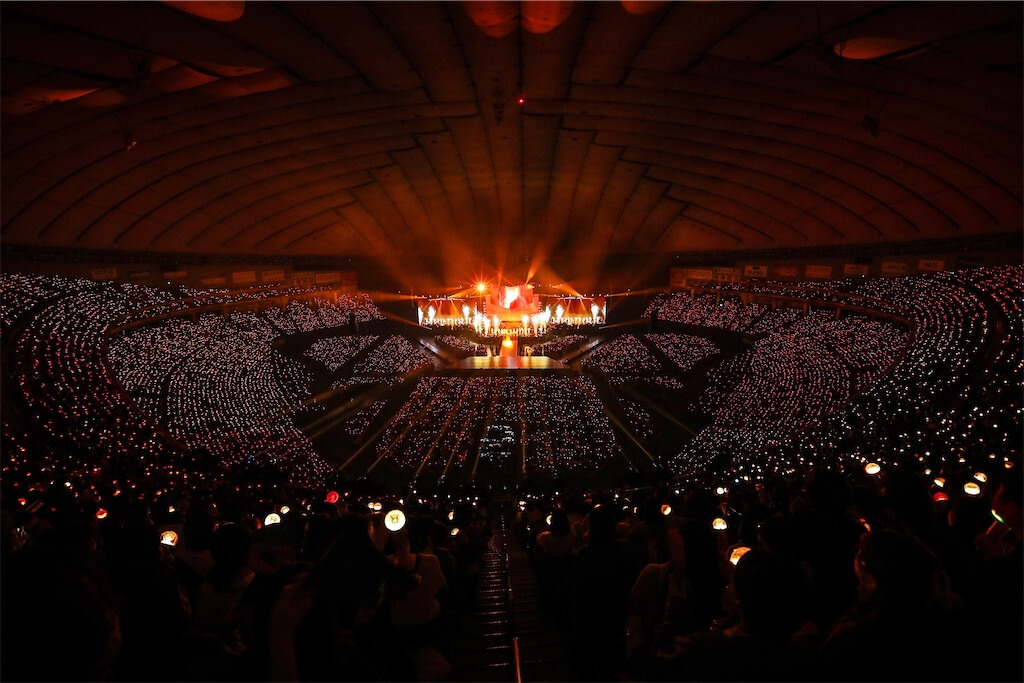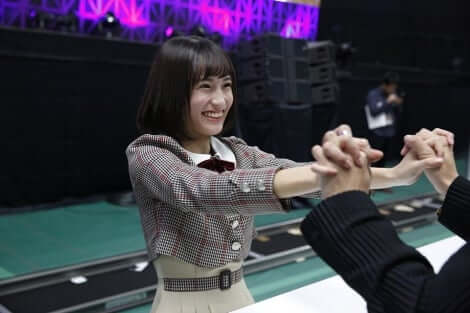Groups
Sakamichi Series: Nogizaka46 Sakurazaka46 Hinatazaka46
WACK Groups: BiSH
Japanese Idols News and Knowledge Base
Japanese Idols News and Knowledge Base

Japanese idol groups have a unique relationship with their fans that is unlike anything else in the entertainment world. These groups are formed through talent agencies and consist of young, talented performers who sing and dance, with a focus on delivering an upbeat and positive message to their fans. The fans of these groups are extremely devoted and often form tight-knit communities around their favorite idols.
The Japanese idol industry has been around since the 1970s, but it really took off in the 1990s with the emergence of groups like Morning Musume and Hikaru Genji. These groups were formed through talent agencies like Up-Front Agency and Johnny & Associates, respectively, and they quickly gained massive followings. Today, there are dozens of idol groups in Japan, with some of the most popular including AKB48, Nogizaka46, and Sakurazaka46 (former Keyakizaka46).
One of the key features of Japanese idol groups is the concept of “otaku culture.” This refers to the intense fandom that surrounds these groups, with fans often devoting significant time, money, and energy to supporting their favorite idols. Otaku culture has its roots in anime and manga fandom, but it has since spread to other areas of Japanese pop culture, including idols.

One of the unique aspects of otaku culture is the concept of “handshake events.” These are events where fans can meet their favorite idols in person and shake their hands. To attend a handshake event, fans need to purchase a CD or other merchandise from the idol group, which grants them a ticket to the event. The tickets are often hard to come by, and fans will sometimes spend thousands of dollars on CDs to increase their chances of getting a ticket.
Another feature of the relationship between Japanese idol groups and their fans is the emphasis on fan participation. Many idol groups have fan clubs, and fans can participate in various activities like cheering at concerts, voting for their favorite members, and submitting fan art and other content. This level of participation helps fans feel more connected to the idols and the group as a whole.
The relationship between Japanese idol groups and their fans is often viewed as a two-way street. While fans are incredibly devoted and supportive of their favorite idols, the idols themselves also work hard to connect with their fans. This often involves personal interactions, like responding to fans on social media or writing personal messages to fans. Some idols have even been known to visit fans who are sick or in need of support.
Of course, there are also some criticisms of the Japanese idol industry and the culture surrounding it. Some argue that the intense focus on youth and appearance can be harmful to the idols themselves, and that the industry can be exploitative. There have also been instances of fans becoming overly obsessed with idols, with some engaging in stalking and other troubling behavior.
Despite these concerns, the relationship between Japanese idol groups and their fans remains a fascinating and unique aspect of Japanese pop culture. The level of devotion and support that fans show their favorite idols is truly remarkable, and the sense of community and connection that these groups can foster is something that is difficult to find elsewhere.